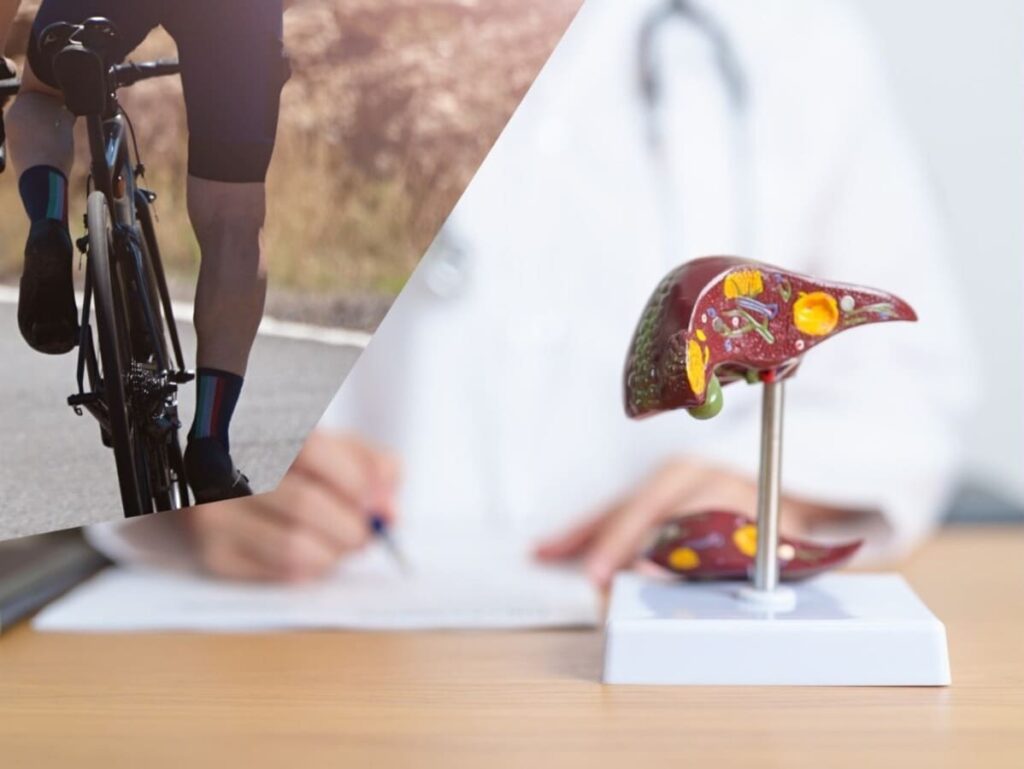Fatty liver disease, specifically non-alcoholic fatty liver disease (NAFLD), is becoming increasingly common worldwide. Characterized by the accumulation of excess fat in liver cells, NAFLD can lead to serious health complications, including liver inflammation, scarring, and even liver failure. One of the most effective ways to combat this condition is through regular physical activity. In this article, we will explore the importance of exercise for liver health, recommend specific workouts, and provide additional lifestyle tips to help manage fatty liver disease.
Understanding Non-Alcoholic Fatty Liver Disease
NAFLD is primarily associated with obesity, sedentary lifestyle, poor diet, and metabolic disorders such as diabetes and hypertension. It is crucial to understand the risk factors involved and the potential consequences of neglecting this condition. If left untreated, NAFLD can progress to non-alcoholic steatohepatitis (NASH), which may result in serious liver damage.
Signs and Symptoms
Often, NAFLD is asymptomatic in its early stages. However, some people experience the following symptoms:
- Fatigue
- Weight Loss
- Abdominal discomfort
- Enlarged liver
The Role of Exercise in Managing Fatty Liver Disease
Engaging in regular physical activity is crucial for individuals with fatty liver disease. Exercise helps in reducing liver fat, improving insulin sensitivity, and promoting overall health. Aiming for at least 30 minutes of moderate exercise five days a week can significantly benefit liver function.
Recommended Exercises for Liver Health
| Type of Exercise | Description | Frequency |
|---|---|---|
| Walking | A low-impact cardiovascular exercise that can be performed almost anywhere. | 30 minutes daily |
| Strength Training | Helps build muscle mass and improve metabolism; includes weight lifting or resistance exercises. | 2-3 times a week |
| Yoga | Promotes flexibility and stress relief, which can aid in weight management. | 2-3 times a week |
| Cycling | A great way to improve cardiovascular fitness while being easy on the joints. | 30 minutes daily or as tolerated |
Additional Lifestyle Changes
In addition to regular exercise, consider making the following lifestyle changes to improve liver health:
- Adopt a balanced diet rich in fruits, vegetables, whole grains, and lean proteins.
- Limit saturated fats, sugars, and processed foods.
- Stay hydrated to support liver function.
- Avoid alcohol, as it can worsen liver inflammation.
- Monitor body weight and aim for gradual, healthy weight loss if overweight.
Conclusion
Non-alcoholic fatty liver disease is a growing concern that can lead to serious health issues if not correctly managed. By incorporating regular exercise and making informed lifestyle choices, individuals can significantly improve their liver health and overall well-being. If you suspect that you might be suffering from NAFLD or are at risk, consult with a healthcare professional for personalized advice and support.
